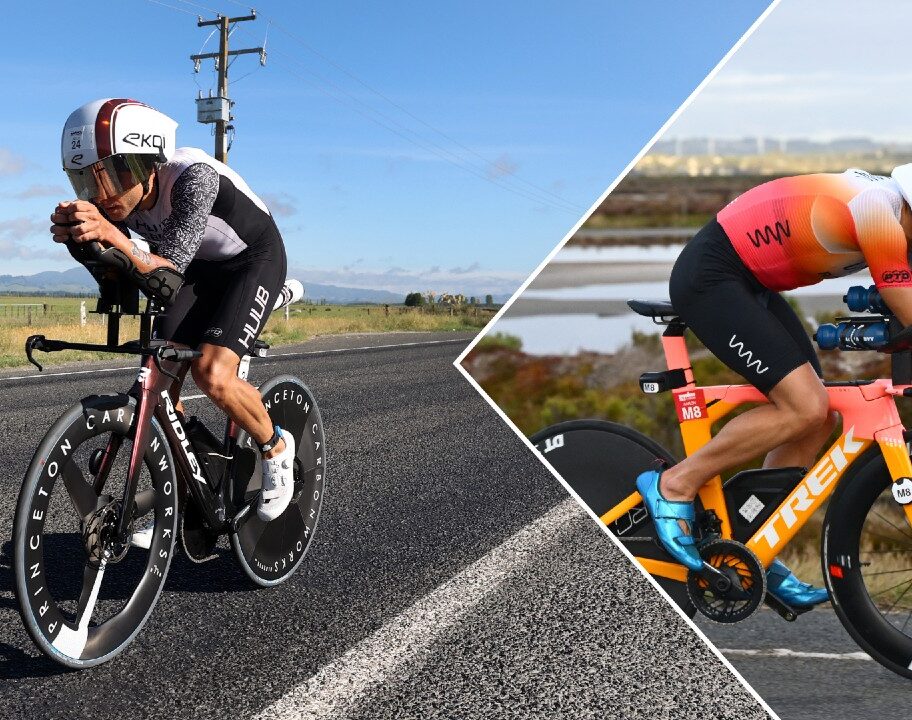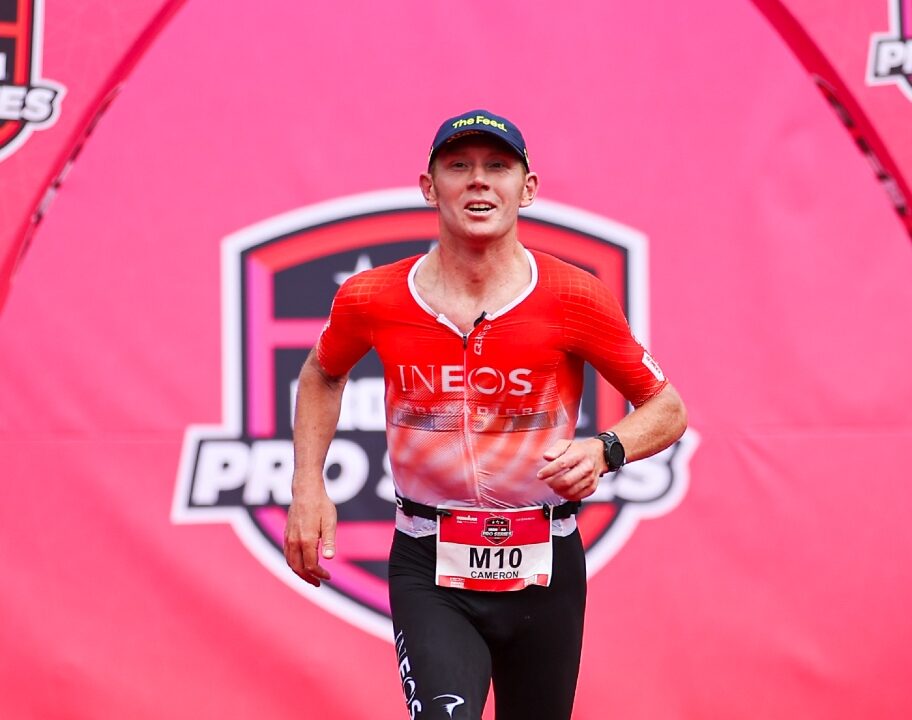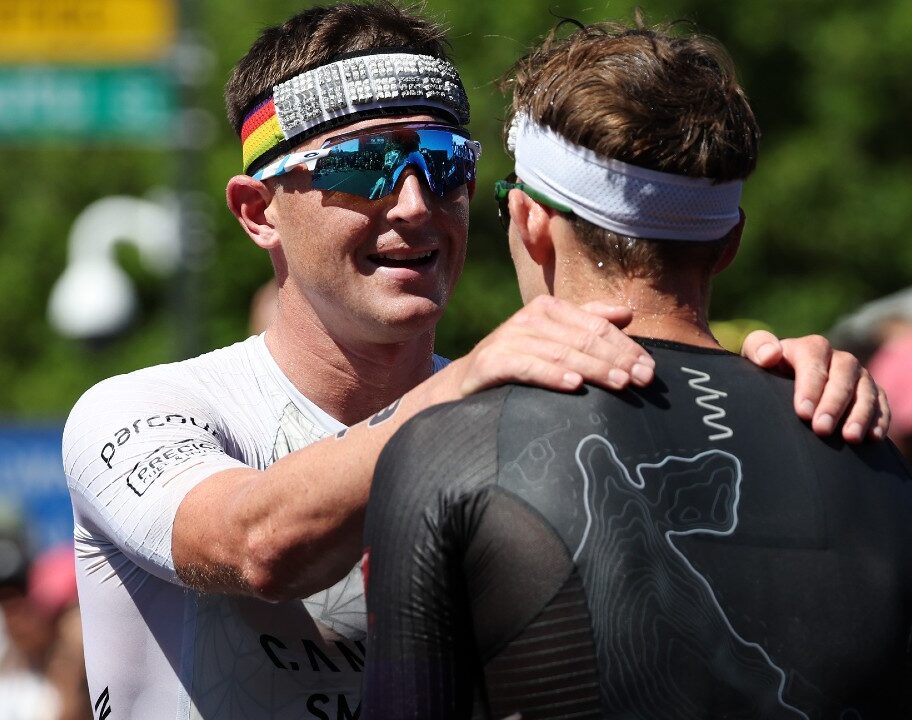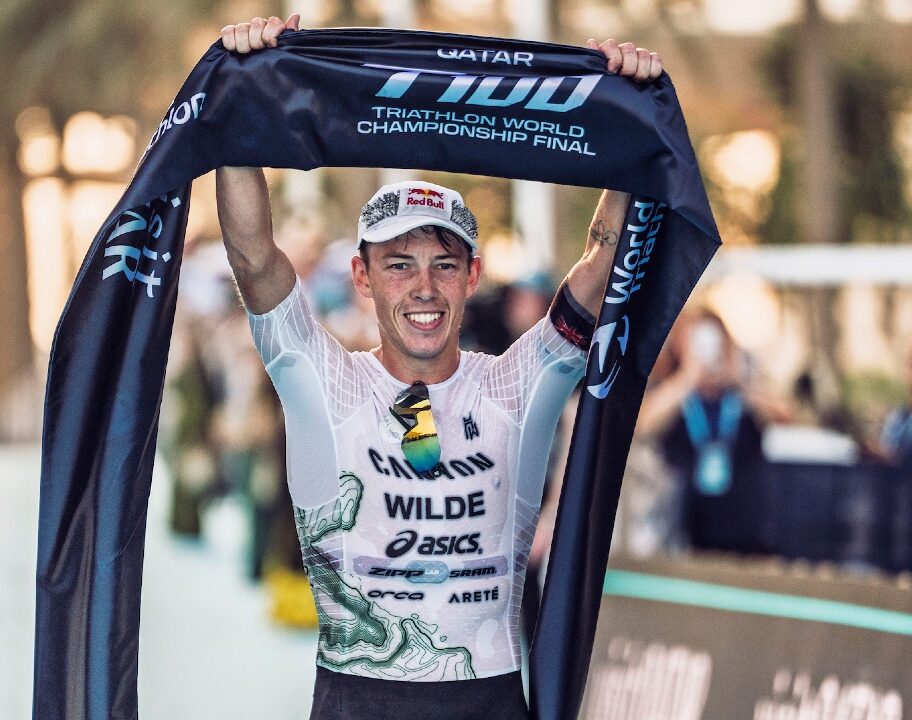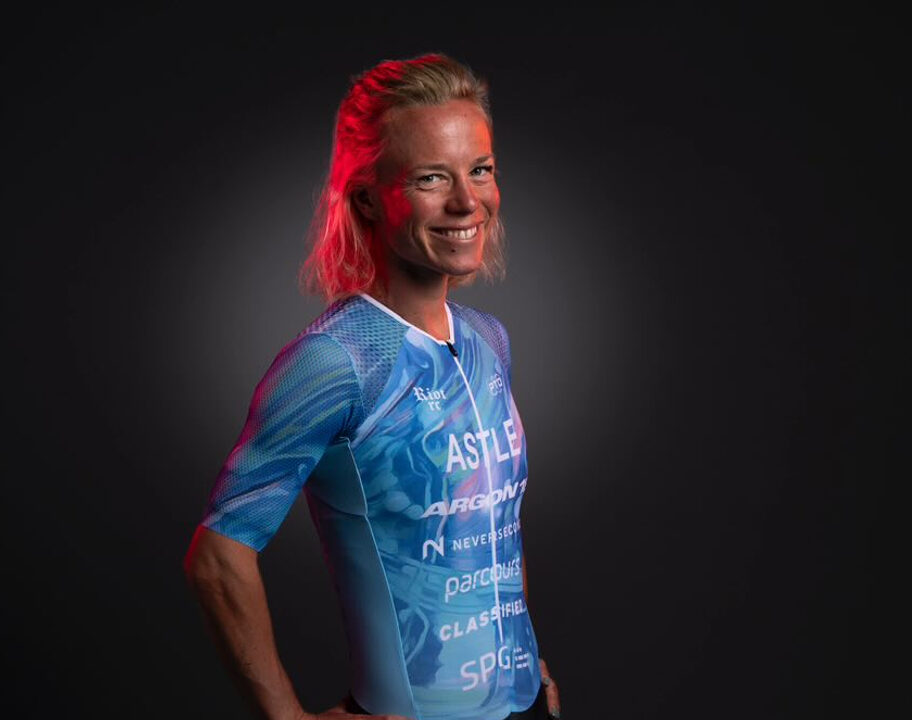Arild Tveiten is delighted that significant investment is coming into elite triathlon right now, but he admits it does mean a balancing act for star athletes.
The sport appears to be in good health as it gradually looks to emerge from a COVD-ravaged 18 months, despite the recent postponement to February 2022 of the IRONMAN World Championship in Kona:
- The inaugural Collins Cup last month was the first staging of the flagship event from the Professional Triathletes Organisation, which has beefed up prize money in a string of races to help competitors get through the pandemic.
- Super League Triathlon returned again last Sunday in London for the first of four marquee weekends – with Munich, Jersey and Malibu still to come.
- Jan Frodeno and Lionel Sanders met in July in Germany in the much-publicised Tri Battle, which saw Frodeno smash the record time for the ironman distance.
- Next year four athletes, including Norway’s Olympic champion Kristian Blummenfelt, will take on the SUB 7 SUB 8 challenge, which aims to lower the men’s and women’s best iron distance times below those mythical benchmarks.
In the final part of our interview with Tveiten, Sports Director for the Norwegian Triathlon Federation, he gave his view on the new players coming into the sport.
Tveiten on new formats
“For me as a coach it’s a mixed feeling,” he admitted.
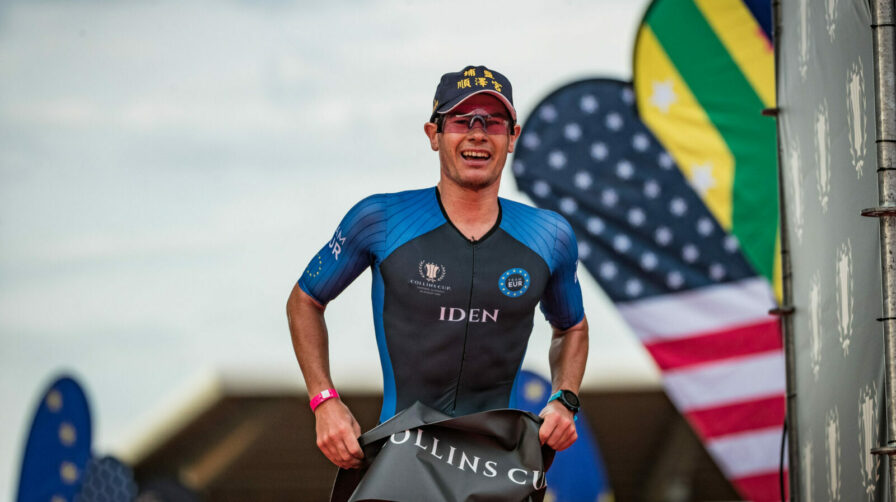
“I love that more players are coming into the sport and bringing more races and different race formats, which can help develop the athletes and also make it possible for more of them to earn a decent income. They deserve that.
“But for the best athletes, it’s difficult to choose and it’s a balance of how many races they should do.”
Tveiten says the balance he tries to strike with his Norwegian team is to make them as adaptable and successful as possible, without losing sight of the primary goal.
“We prepare our best athletes in Norway so that they are in a position to race well in all formats – that makes them attractive and also gives them the opportunity to earn more money.
“But since we as a national team should work towards success in the WTCS series and also the Olympics, it’s a fine balance we need to deal with and always be mindful of.”
Is SUB 7 SUB 8 a good thing?
Some purists have been sceptical about the SUB 7 SUB 8 concept, arguing it is cosmetic and not true to the sport’s roots. Tveiten though sees the benefits.
“I’m a guy who sees everything in a positive light, and I love the idea. For me, it’s like: ‘Why not?’
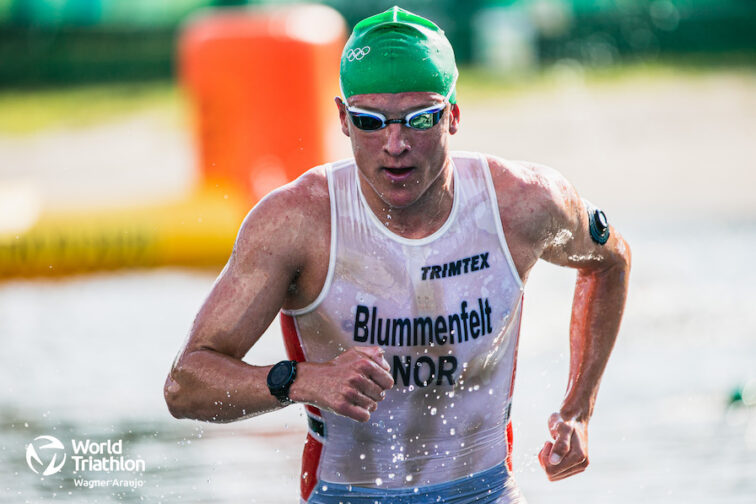
“We know it’s different rules and a different way to prepare, but’s it’s a challenge which is doable if you prepare in an optimal fashion.
“But to be able to achieve a sub 7 time you still need to run below 2.30, so it’s not easy even if the format and the conditions are created for fast times.”
Arild Tveiten TRI247 Interview
- Part 1: The early years, building a dynasty
- Part 2: How Big Blu raced to Tokyo gold
- Part 3: The future for Norwegian triathlon
- Part 4: On new formats and SUB 7 SUB 8








